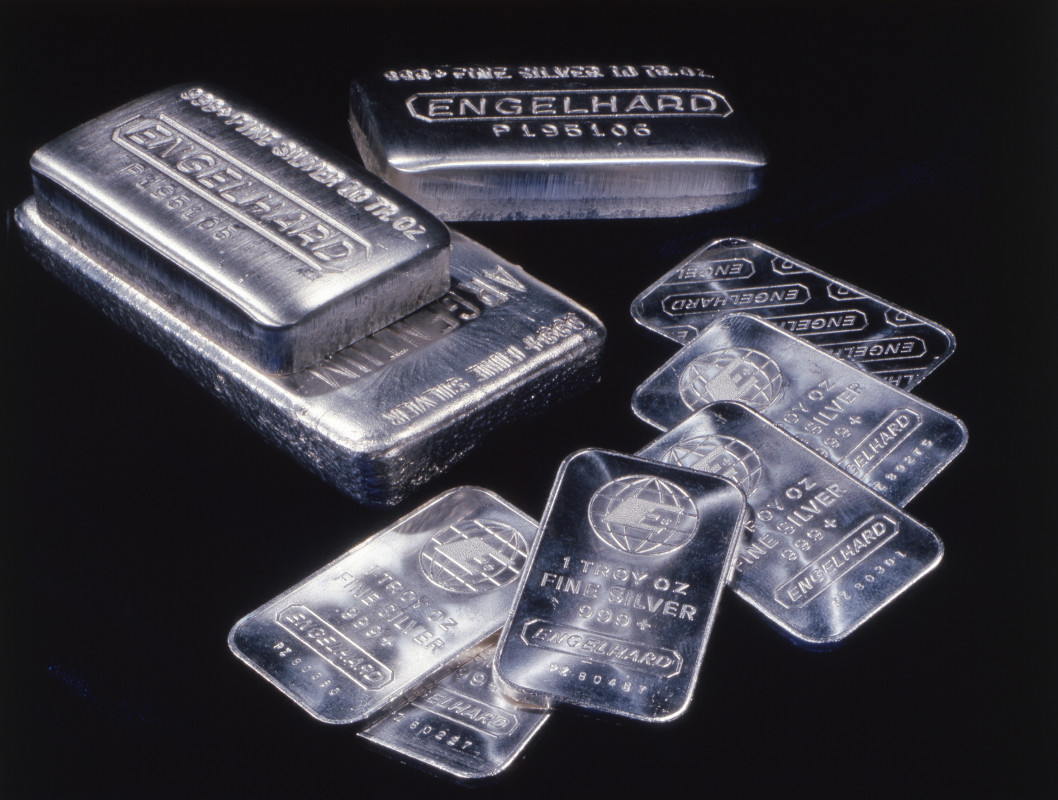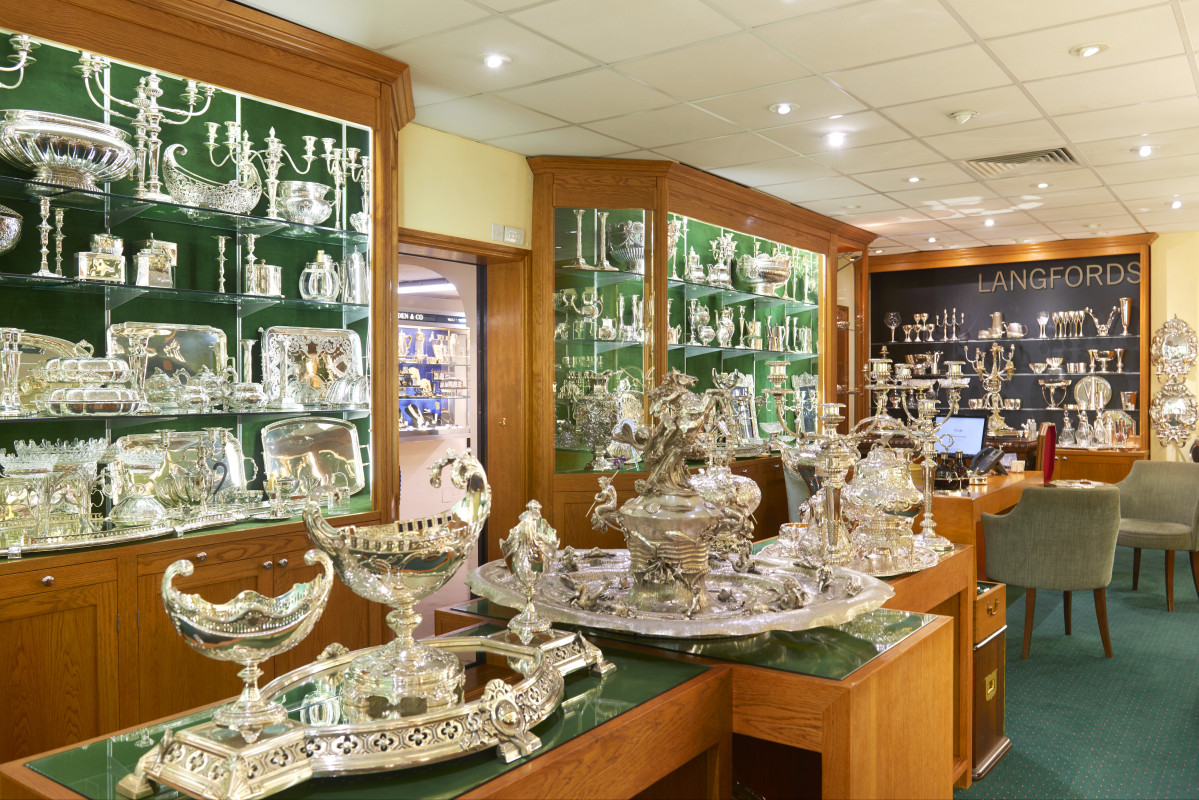
Quietly, silver has become hot in 2024. The big question is whether it can stay hot.
The answer may depend on gold, which also has been strong this year.
Silver closed Friday at $28.33 per troy ounce in futures trading in New York, up nearly 18% for the year.
In the process the metal hit nearly $30 an ounce for the first time since May 2021.
On Monday, silver moved higher again, settling at $28.717 per ounce, up 1.4% from Friday, extending the year-to-date gain to 19.2%.
Related: Ex-Treasury official unveils startling interest rate outlook
Its year-to-date gain has outpaced that of gold, which closed on April 12 at a record $2,374.19 an ounce and moved Monday to $2,383, another record. The close translates into a 15% gain on the year.
Likewise, the iShares Silver Trust ETF (SLV) was higher on Monday, closing at $26.41, up 3% on the day. It's up 21.3 % year-to-date.
The iShares Gold Trust ETF (IAU) , up 1.9% on Monday at $220.95, is up 15.6% in 2024.
There is a lot of bullishness around gold, which also extends to silver. Goldman Sachs raised its year-end target price for gold to $2,700 an ounce, a 13.3% gain from Monday's settlement.
A similar rise for silver would move the price to about $32.45.
Sometimes, it should be noted, targets happen.
Why silver has been climbing
Silver's rise this year is the product of several causes.
- Sticky inflation that won't let the Federal Reserve cut interest rates.
- Increasing global demand for the metal (plus gold and other precious metals). Global production is either flat or declining.
- Investor interest around the world, but especially in India and China, in protecting wealth in the face of geopolitical tensions.
The last factor was probably the top reason for silver's 4% gain in the past week and 13.7% gain so far in April.
Worries that violence in the Middle East might spin out of control set off buying in gold, silver and platinum all last week.

Iran's drone-and-missile attack, which erupted late Saturday, was mostly turned away by Israel, with help from military forces from the U.S. and U.K.
Prices were flat when futures trading opened in Asia on Monday. At 8:30 p.m. EDT Sunday, silver was quoted at $28.26 an ounce, down 7 cents from Friday. Gold was up $4.10 at $2,378.20.
More on markets
- How long will the S&P 500 slide last?
- Analyst updates Nvidia stock price target after stocks tumble
- The Market Divided Into Two Parts
What's not clear is whether silver — as well as gold — is getting too pricey. Relative-strength measures for both metals this past week both soared above 80, a clear warning the market for each is overbought.
If the tensions ease, there's a good chance silver and gold prices will ease, too.
And so will mining stocks. The Global X Silver Miners ETF SIL, which tracks silver miners, is up 22.5% since the end of February. Coeur Mines (CDE) has risen 42% this year. Hecla Mining (HL) is up 12.7%.
A few points about silver and precious metals
- Among the biggest holders of gold in the world are central banks.
- Silver is usually a byproduct of mining for another metal, such as copper or lead.
- Individuals in India and China are among the biggest individual owners.
- China is the biggest gold producer. Mexico is the biggest silver producer.
- Two-thirds of the silver consumed in the U.S. is imported.
The crazy silver corner of 1980
Silver's highest price ever — about $50 — was set in January 1980 when the Hunt brothers of Texas tried to corner the market.
They pushed prices so high that the jeweler Tiffany ran an ad in the New York Times that said, "We think it is unconscionable for anyone to hoard several billion, yes billion, dollars worth of silver and thus drive the price up so high that others must pay artificially high prices for articles made of silver from baby spoons to tea sets, as well as photographic film and other products."
The Hunts' bid failed but set off a financial crisis because the brothers couldn't meet their margin calls. In the end, a $1 billion bailout had to be organized to get the crisis resolved.
Some people adjusted to ballooning silver prices.
Silversmiths at Colonial Williamsburg began to source the silver for their products from recyclers. One recycler bought silver from dentists who had put in collection devices to hold on to bits of silver from replacing patients' fillings.
Related: Veteran fund manager picks favorite stocks for 2024







